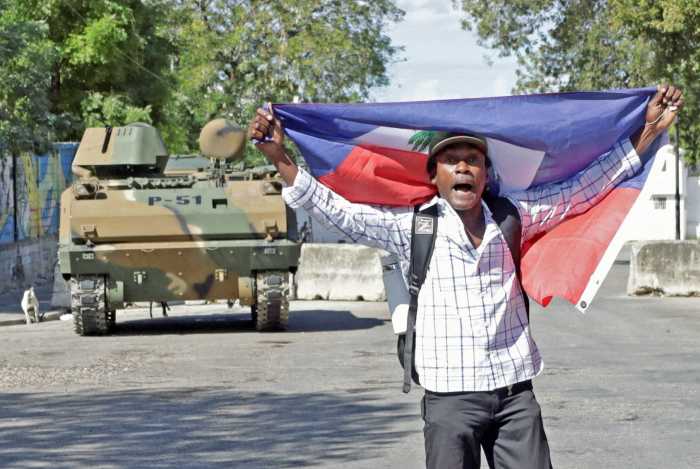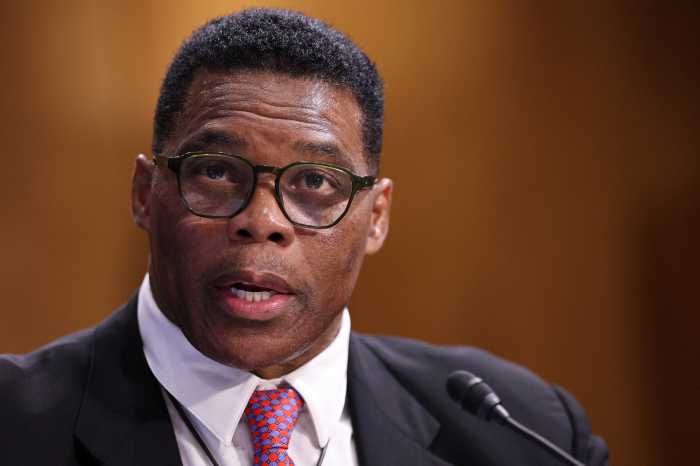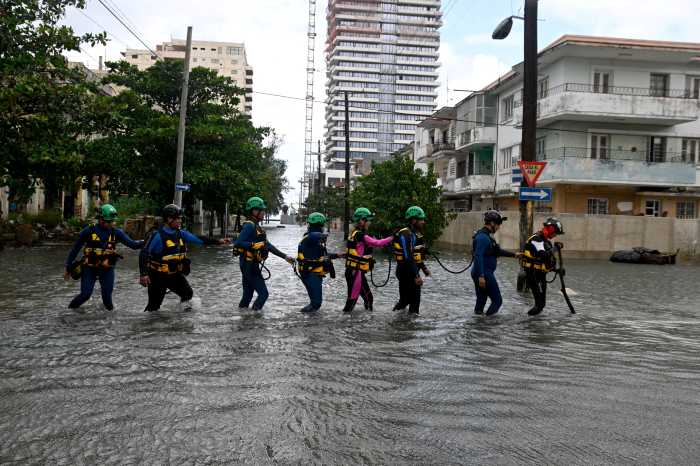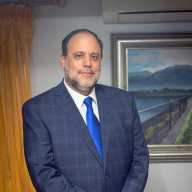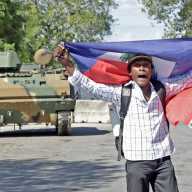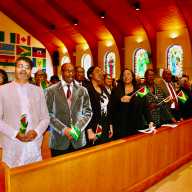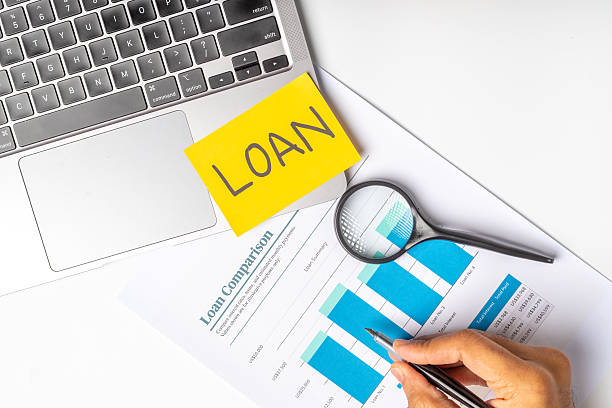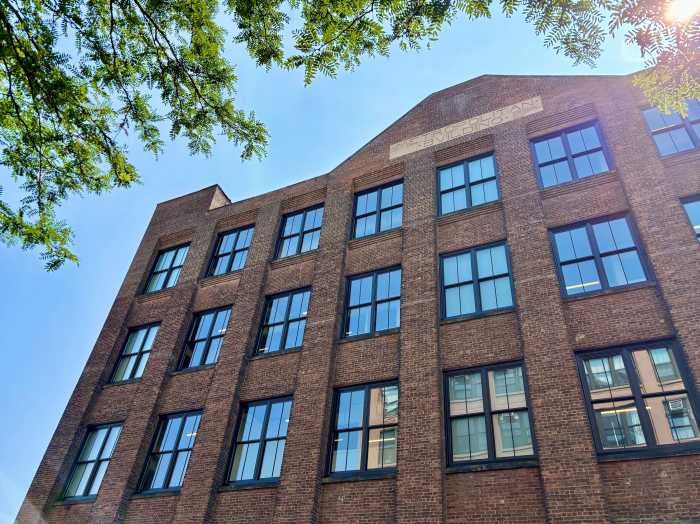The Bahamas’ government has asked the Trump administration whether it is okay to keep a small batch of Cuban medical personnel in the country in the wake of allegations from Washington that the Cuban government is exploiting those workers.
Minister of Health Mike Darville’s weekend announcement came less than a month after Prime Minister Phillip Davis’ administration announced plans to discard the old payment system for Cuban workers, paying them directly in full rather than allowing the Cuban government to collect a greater portion of their earnings.
The Trump cabinet has threatened to revoke the visas of any Caribbean official linked to the Cuban medical brigade program, under which professionals are sent to work in CARICOM nations to help bolster the health sector. Most governments have resisted this threat, reminding US officials that sectors in various member states would be in jeopardy if the Cubans were prevented from working in the region.
Darville told reporters that most of the Cubans in Bahamian state employment want to remain in the archipelago off Florida, mainly because officials have dealt with the payment system bilaterally in compliance with Washington’s demands.
The minister also said the Cubans “are prepared to stay in the country. We are satisfied with their performance. They are prepared to stay in the country and provide these services.” He announced that a missive had been sent to the US administration asking whether the new complete payment system to the medical brigade complies with US demands.
“I am just waiting patiently on the US government to determine whether or not this new proposal is working satisfactorily. We are waiting for some reports from the foreign ministry, which will guide the ministry on the way forward for the Cuban health care workers, so that it can be completed. That should be done shortly, and when it happens, we will begin to implement the new proposals from the ministry,” Minister Darville stated.
Information from leaked reports about the payment arrangements has indicated that those in the Bahamas take home around $1,000. At the same time, the remainder, an average of up to $12,000, goes to the Cuban government. Cuban medical workers employed overseas are regarded as part of the national export of skills, which brings valuable foreign exchange to the finance-starved Caribbean country, which has been under a trade embargo from the US for decades.
Secretary of State Marco Rubio has dubbed this system forced labor and human trafficking. Several CARICOM member states have said they will move to comply with the 100 % payment system while keeping the thousands of Cuban professionals who work in the Caribbean. Quite a few remain in the regional system on private arrangements after their contracts would have expired.



